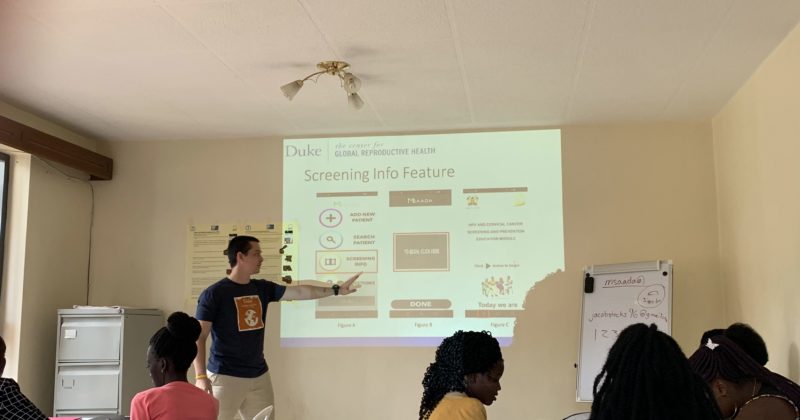
Abortion-Rights Bill Introduced in California Aimed at Public Universities
Last week, an abortion-rights bill targeted at public universities in California was passed inspired by a student-led movement at the University of California, Berkeley. If signed into law by Gov. Gavin Newsom during the next month, this legislation would mandate all on-campus health centers of California public universities to offer medication abortion by 2023. In the state of California, this legislation would therefore directly apply to 34 college campuses. Medication abortion requires taking two different pills which are approved by law to end pregnancy during the first 10 weeks. There have already been around $10.3 million dollars of donations raised privately that would go toward training staff at campus health centers and equipping the centers with proper medical devices for medication abortion. A study published in August 2018 directly analyzed California college students desire and access to medication abortion and concluded, “College students face cost, scheduling, and travel barriers to abortion care. Offering medication abortion on campus could reduce these...









